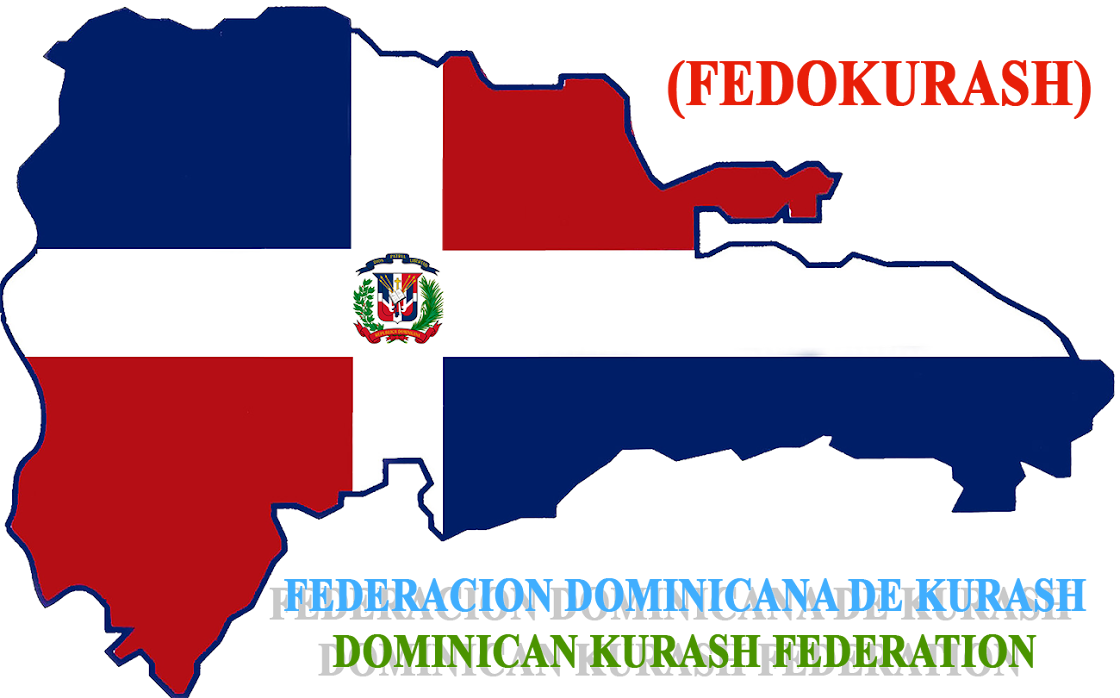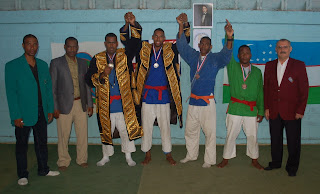Búlgaro de peso pesado gana el Gran Premio de Grecia
La ciudad griega de Salónica acogió con éxito la IX Torneo Internacional Islam Karimov el 30 de enero de 2013.
Este torneo internacional es organizado anualmente desde 2005 por la Federación de Grecia de Kurash y la Confederación Europea de Kurash y es dedicado al Presidente de Honor de la Asociación Internacional Kurash y Presidente de Uzbekistán, Su Excelencia el Sr. Islam Karimov.
El evento celebrado en el complejo deportivo municipal de Tesalónica reunió a más de un centenar de fuertes competidores que representan alrededor de 30 países del mundo en tres categorías de peso.
El torneo comenzó temprano en la mañana del 30 de enero, con competencias entre los niños, los cadetes y juniors en categorías de edad de menores de 5 años, 8, 12 y 15 años.
The Greek city Thessaloniki successfully hosted the IX Islam Karimov international tournament on 30 January 2013.
This major international tournament is organized annually since 2005 by the Greece Kurash Federation and the European Kurash Confederation and dedicated to the Honorary President of the International Kurash Association and the President of Uzbekistan His Excellency Mr. Islam Karimov.
The competition held at the Municipal sport complex of Thessaloniki gathered more than one hundred strong players representing around 30 countries of the world in three weight categories.
The tournament started early morning on 30 January with competitions among children, cadets and juniors in age categories of under 5, 8, 12 and 15 years.

Luego de la ceremonia de apertura tuvo lugar con la participacion de los ejecutivos de la IKA, el alcalde de Salónica, el Consulado General de Uzbekistán en Grecia seguido de música especial y un programa de baile.___________________________________________
Then the opening ceremony took place participated by chief executives of the IKA, Mayor office of Thessaloniki, General Consulate of Uzbekistan in Greece followed by special music and dance program.
El programa de la competición principal del torneo en tres categorías de peso masculino de alto nivel que ofrecio 10 000 dólares USD en premios en metálico características de muchos combates espectaculares. Los resultados del torneo son los siguientes:
The main competition program of the tournament in three senior male weight categories offering 10 000 USD Dollars in prize money features many spectacular bouts. The results of the tournament are as follows:
30 January 2013















